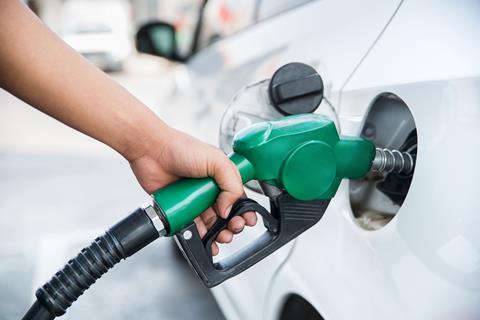
Pump prices rose more in March than in any previous month on record, despite the Chancellor announcing a 5ppl cut in fuel duty in his Spring Statement, according to new RAC Fuel Watch data.
As well as hitting a new record-high price of 167.3ppl on Tuesday 22 March, the average cost of a litre of unleaded petrol went up by 11.62p to end the month at 163.28ppl, the largest increase the RAC has recorded in a single month.
The previous biggest monthly increase was in October last year when petrol prices rose by 7.43ppl.
But the rise in petrol prices in March was modest compared with what happened to the cost of diesel. The average price of diesel soared by 22.06ppl, peaking at 179.9ppl on 23 March, ending the month at 177.29ppl.
This increase is three times the size of that recorded in May 2008, the previous record month for diesel price rises, when the cost of a litre went up by 8.43ppl.
The RAC attached no blame to retailers for the hike in prices, saying it was a result of rising wholesale fuel costs, caused by soaring oil prices following the start of the Russian invasion of Ukraine.
A barrel of oil cost $112.99 at the start of March before peaking at a 14-year high of $137.72 on 8 March, two weeks after the war began. While the price fell to $109.98 by the end of the month, rises earlier in the month had pushed up wholesale fuel prices.
The RAC also said the Chancellor’s 5ppl fuel duty cut had little impact because the cut applied to the wholesale cost of fuel and took place on a day when the oil price jumped by $6 a barrel, leading to the cost that retailers pay to buy fuel going up. Average petrol and diesel prices have fallen by 3.73ppl and 2.61ppl respectively since the cut.
RAC fuel spokesman Simon Williams said: “Drivers might well be feeling aggrieved that the Chancellor’s ‘historic’ fuel duty cut announced in the Spring Statement just two weeks ago has done nothing to protect them from price increases. A 5ppl cut in duty should, in theory, have led to a 6ppl cut in prices at the pumps as a result of the Government taking less VAT – but that is on the basis that wholesale prices stay still, which is hardly ever the case.
“The fact pump prices have fallen so little reflects the fact that the cost to retailers of buying fuel had been going up ahead of the Spring Statement. Had the Chancellor temporarily cut VAT rather than fuel duty on fuel, as we asked him to do, the impact on pump prices would have been immediate with drivers benefitting straight away. Cutting VAT would also have gone some way towards shielding drivers from future increases – something a cut in duty can’t do.”





















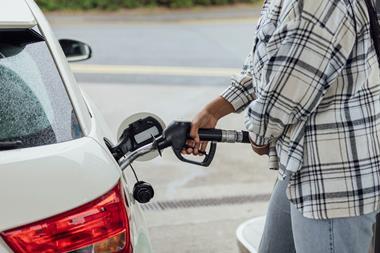
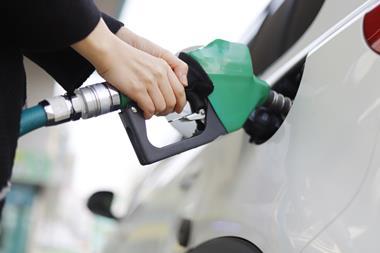

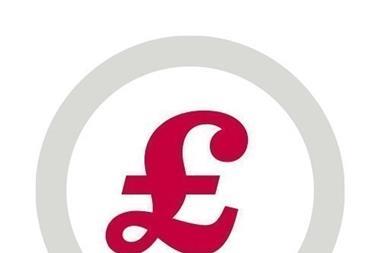
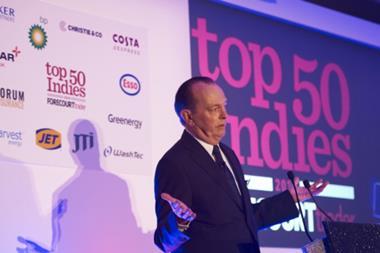







No comments yet